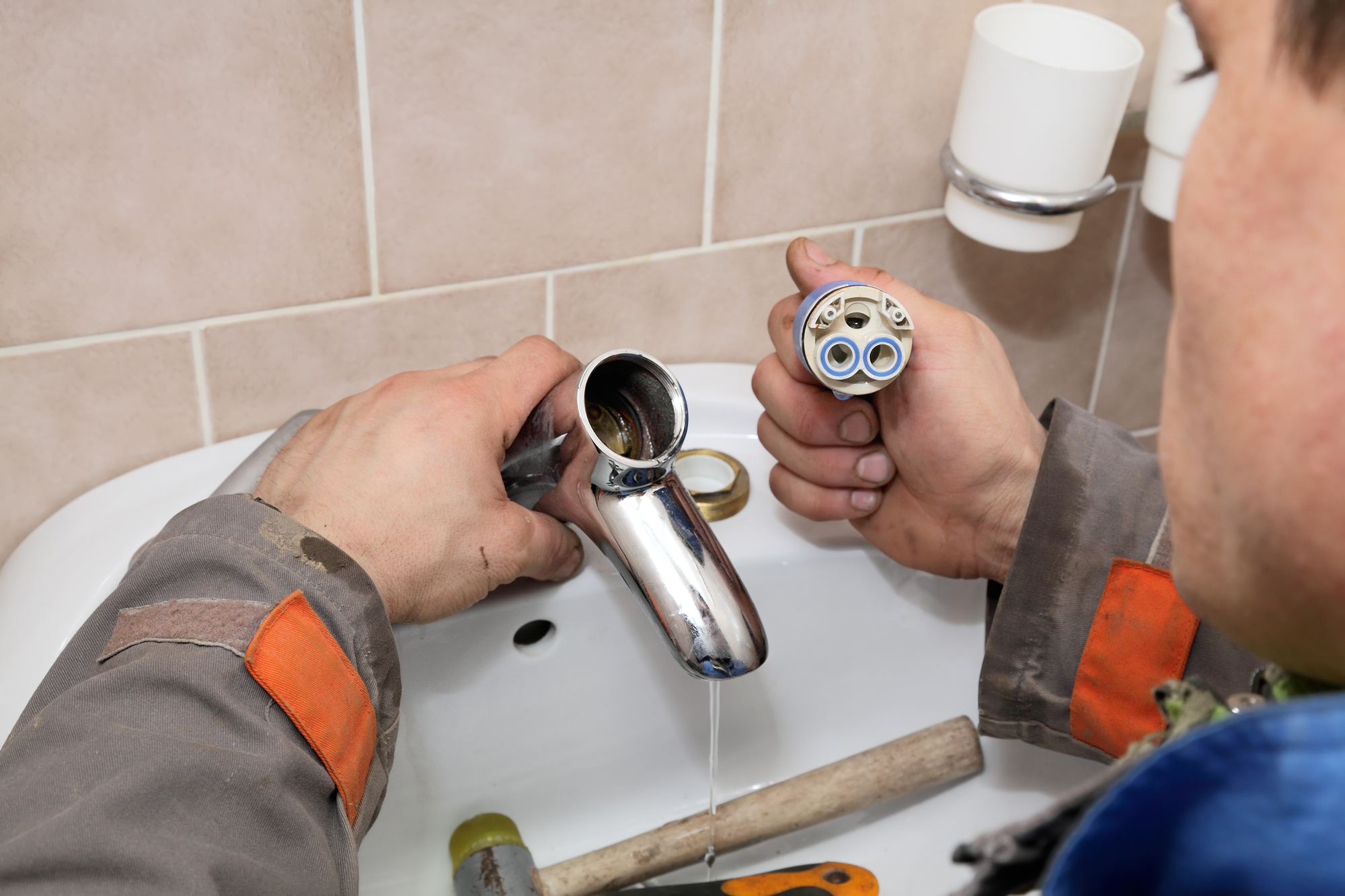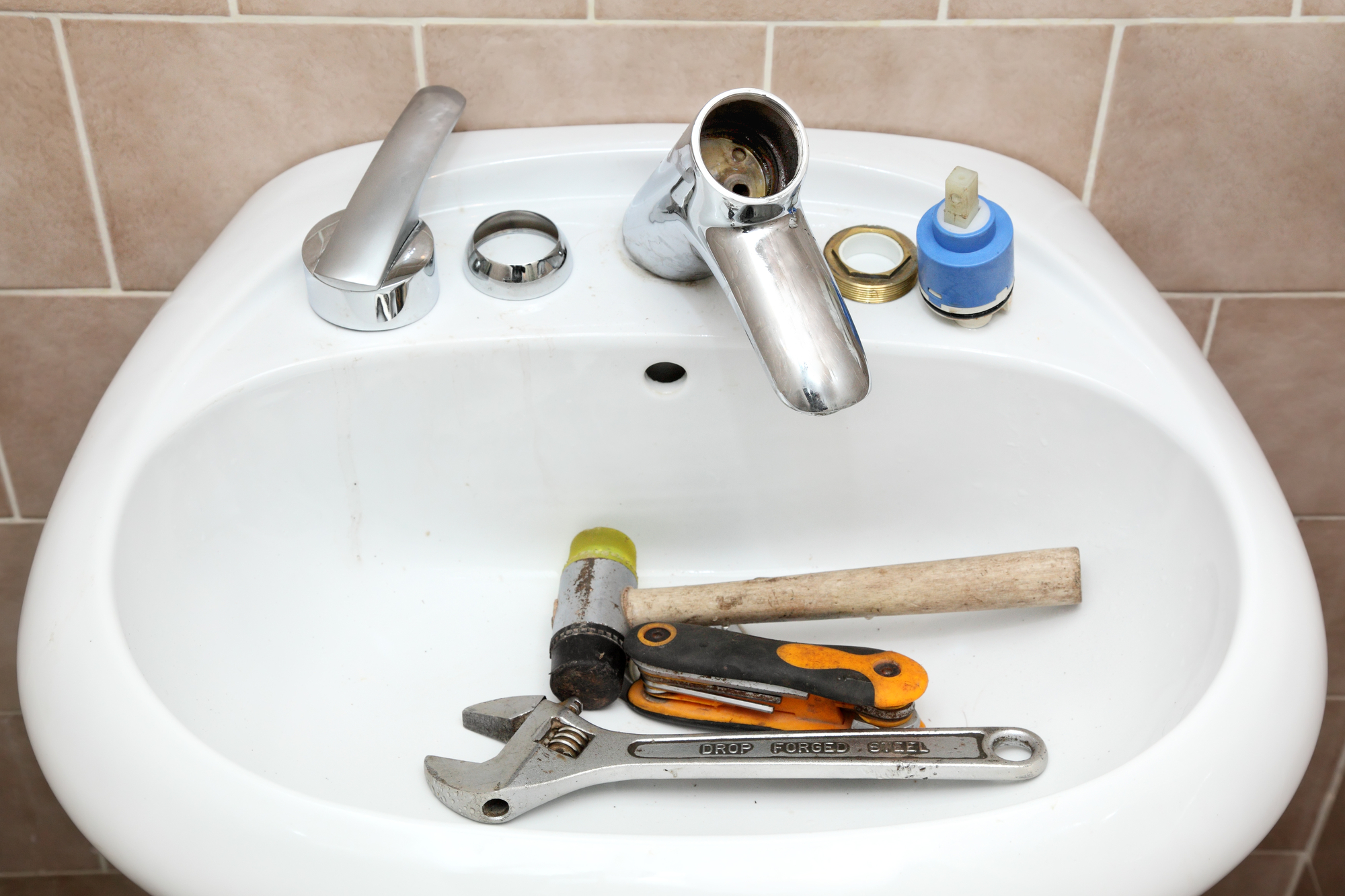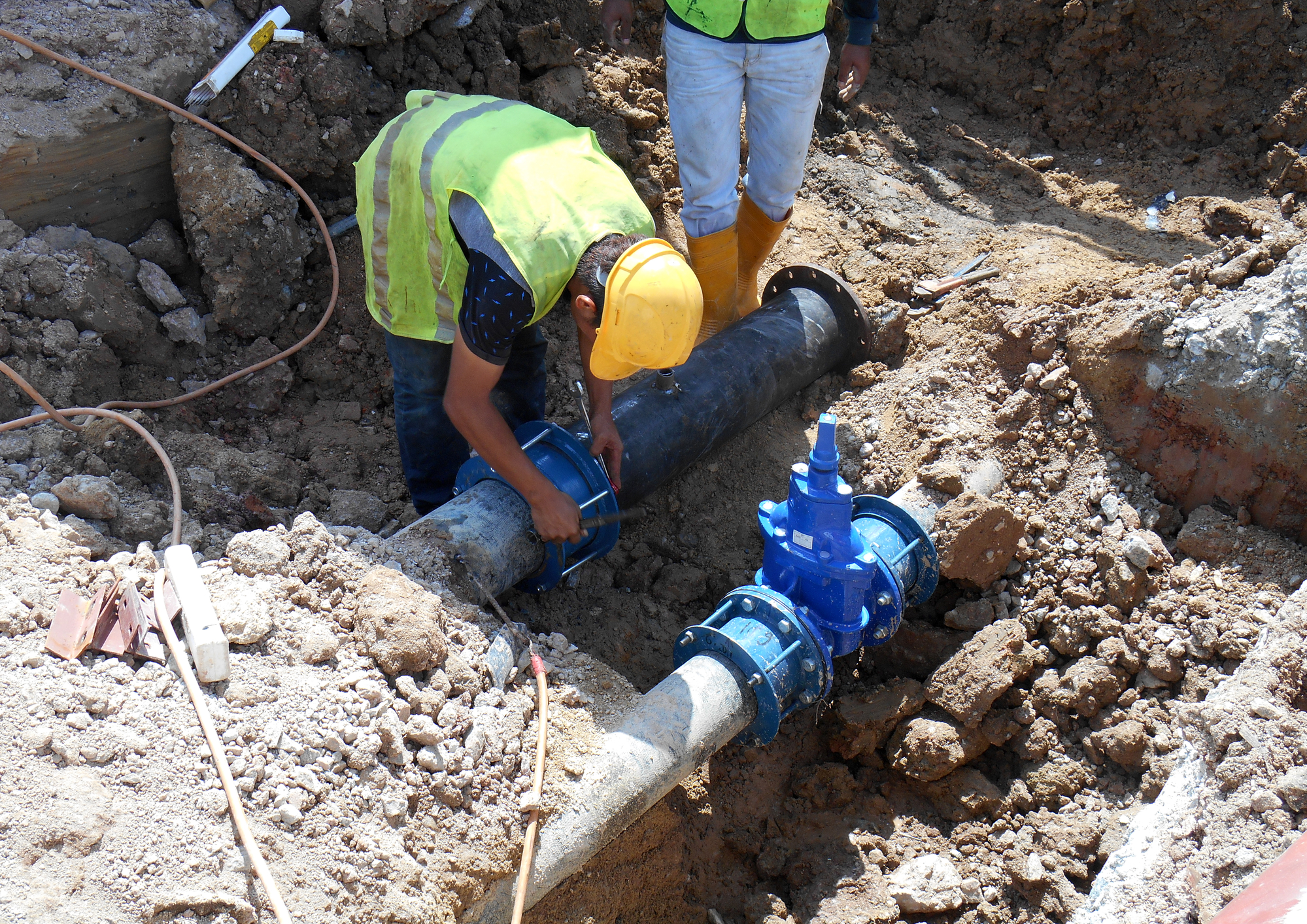We’ve all been there. You’re trying to brush your teeth or wash your hands, and the sink starts to fill up with water. You try to clear the clog with a plunger, but it just won’t budge. Or maybe you’re in the shower, and the water starts to pool around your feet. You’re realizing that you have a clogged drain. But when should you call a plumber to unclog the drain? Here are some guidelines to help you decide.
DIY Approaches First
Before calling a professional, it’s important to try a few DIY approaches to unclog the drain. A plunger is a great place to start. Use a cup plunger for sinks or a flange plunger for toilets. Cover the drain with the plunger and push down and pull up quickly for about 30 seconds. If this doesn’t work, try pouring boiling water down the drain or using a drain snake to clear any blockages.

When to Call a Plumber
If these DIY approaches don’t work, it’s time to call in a professional plumber. Here are a few telltale signs that it’s time to make that call:
1. Multiple Clogs
If you have multiple drains clogging at once, it could be a sign that something is going on with your main sewer line. This is a more serious issue that requires professional help.
2. Water Backing Up
If water is backing up from the drain or showing up in other appliances, like your washing machine, it’s time to call a plumber. This could be a sign of a clogged sewer line.
3. Foul Odors
If you notice an unpleasant sewer odor coming from your drains, this could be a sign of a serious issue that needs immediate attention.

4. Slow Drains
If your drains are consistently slow or making gurgling sounds, there could be a blockage that needs to be addressed. This could be anything from food particles to hair caught in the drain.
5. DIY Methods Aren’t Working
If you’ve tried a plunger, drain snake or boiling water and the clog isn’t clearing, it’s time to call in a professional.
Prevention Tips
The best way to avoid a clogged drain is to take preventive measures. Here are a few tips to avoid clogs altogether:
1. Don’t dump grease or oil down the drain.
2. Use drain covers to prevent hair, food, and other debris from going down the drain.
3. Flush with hot water once a week to help clear any buildup in the pipes.
4. Use vinegar and baking soda to clear minor blockages naturally.
5. Regular maintenance by a professional plumber can prevent clogs and keep your pipes in good working order.
Conclusion
A clogged drain can be a frustrating experience for any homeowner. While DIY methods can work for minor clogs, it’s important to know when it’s time to call in a professional plumber. Signs like multiple clogs, water backing up and foul odors are indications of a more serious issue that needs immediate attention. Taking proactive steps to prevent clogs can save you time and money in the long run. Remember, when in doubt, call a plumber.






